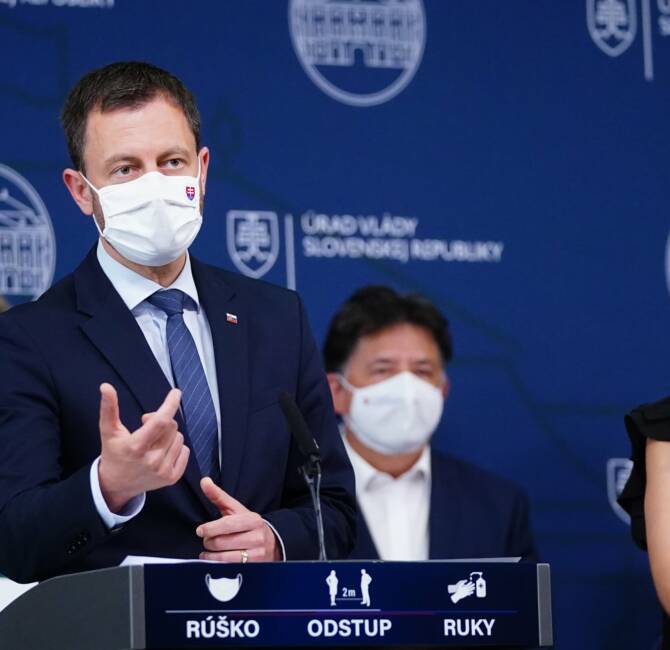Hungary – After months of resisting the move, Hungary has finally joined the global initiative for a 15% minimum corporate tax rate fostered by the Organisation for Economic Co-operation and Development (OECD).
“Taxation is the sovereign right of each country”
As recently as last June, Hungarian Prime Minister Viktor Orbán said that
“it is absurd for a global organisation to claim the right to say which taxes Hungary can collect and which it cannot.”
The State Secretary for Tax Affairs in the Hungarian Ministry of Finance, Norbert Izer, said in early July that
“in the case of profits generated from real economic activities, taxation is the sovereign right of each country, and no international organisation may intervene.”
However, the Hungarian position has finally changed as Hungary has now agreed to the OECD proposal.
“Hungarian success”
This development is partly the result of negotiations with the OECD, which enabled Hungary to reach a compromise, allowing it to keep its low corporate tax rate for a while:
“We have managed to make a breakthrough on the issue of the global minimum tax agreement (…) so that Hungary can engage in this matter wholeheartedly”,
said Hungarian Finance Minister Mihály Varga on 8 October. Indeed, Hungary has successfully negotiated a ten-year transition period before it will have to raise the corporate tax rate from the current 9% to at least 15%. Mr Varga welcomed this “Hungarian success”:
“We were right to defend our interests.”
The minimum tax rate initiative, launched by the OECD, now includes 136 countries, which produce 90% of the world’s wealth.




